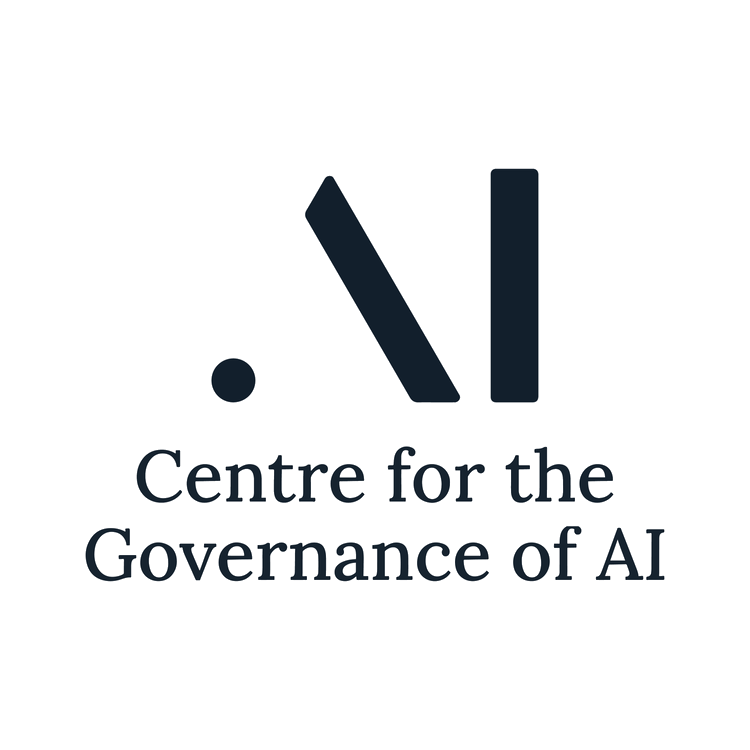Meet our project leads!
Our project leads come from organisations at the cutting edge of AI safety and governance.
AI Policy
Séb Krier
Policy Development & Strategy
Google DeepMind
Séb joined the UK Government’s Office for Artificial Intelligence as Head of Regulation in 2018. His work involved leading the world’s first comprehensive review of AI in the public sector and designing policies to address novel issues such as the oversight of automated decision-making systems. He also represented the United Kingdom at various multilateral forums such as the European Commission, the World Economic Forum, the OECD, and the Digital Nations.
Julian Jacobs
Researcher
Google DeepMind
Dan Hendrycks
Executive Director
Center for AI Safety
He received his PhD from UC Berkeley where he was advised by Dawn Song and Jacob Steinhardt.
He is an advisor to xAI and Scale AI.
Markus Anderljung
Director of Policy and Research
GovAI
Rob Trager
Senior Professor
Oxford Martin School
Nick Caputo
Legal Researcher
Oxford Martin School
Prior to taking up his position at the Initiative, Nick graduated with honors from Harvard Law School where he focused on law and technology, constitutional law, and public international law.
Anton Korinek
Professor
University of Virginia
Eli Lifland
Researcher
AI Futures Project
Mauricio B
Technology & Security Policy Fellow
DC Think Tank, Ex-OpenAI Contractor
Saad Siddiqui
AI Policy Researcher
Safe AI Forum
Deric Cheng
AI Policy Researcher
Convergence Analysis
Isabella Duan
AI Policy Researcher
Safe AI Forum
Suryansh Mehta
Co-Founder / Content Director
FIG / Longview Philanthropy
Suryansh specialises in communicating cutting-edge research on emerging technologies to Longview’s advisees. His prior work includes contributing to and editing the textbook AI Safety, Ethics, and Society with Dan Hendrycks at the Center for AI Safety and co-founding Future Impact Group, an organisation dedicated to field-building through its research fellowship program. On the research front, Suryansh has worked extensively on AI safety and governance at the Centre for the Governance of AI and the University of Oxford, where he was awarded two degrees: a first-class BA in Philosophy, Politics, and Economics and an MPhil in Economics with distinction.
Philosophy for Safe AI
Andreas Mogensen
Senior Research Fellow
GPI, Oxford
Patrick Butlin
Postdoctoral Research Fellow
GPI, Oxford
Brad Saad
Senior Research Fellow
GPI, Oxford
Iason Gabriel
Senior Staff Research Scientist
Google DeepMind
Derek Shiller
Senior Researcher
Rethink Priorities
Derek has written on topics in metaethics, consciousness, and the philosophy of probability. Before joining Rethink Priorities, Derek worked as the lead web developer for The Humane League.
Elliott Thornley
Research Fellow
GPI, Oxford
Lewis Hammond
Co-Director
Cooperative AI Foundation
Chi Nguyen
Researcher
Independent
Chi studied PPE at Oxford (2018-2021) and psychology in Freiburg (2015-2018).
Caspar Oesterheld
Co-director & PhD Student
FOCAL at CMU
Caspar is interested in foundational topics in theoretical computer science, game theory and AI safety.
He is co-leading a project on training AIs to aid decision theory & acausal research, with Chi Nguyen and Emery Cooper.
Emery Cooper
Research Associate
FOCAL at CMU
Emery received an MMath in mathematics and statistics from the University of Cambridge, and studied biostatistics at the MRC Biostatistics Unit
She is co-leading a project on training AIs to aid decision theory & acausal research, with Chi Nguyen and Caspar Oesterheld.







































